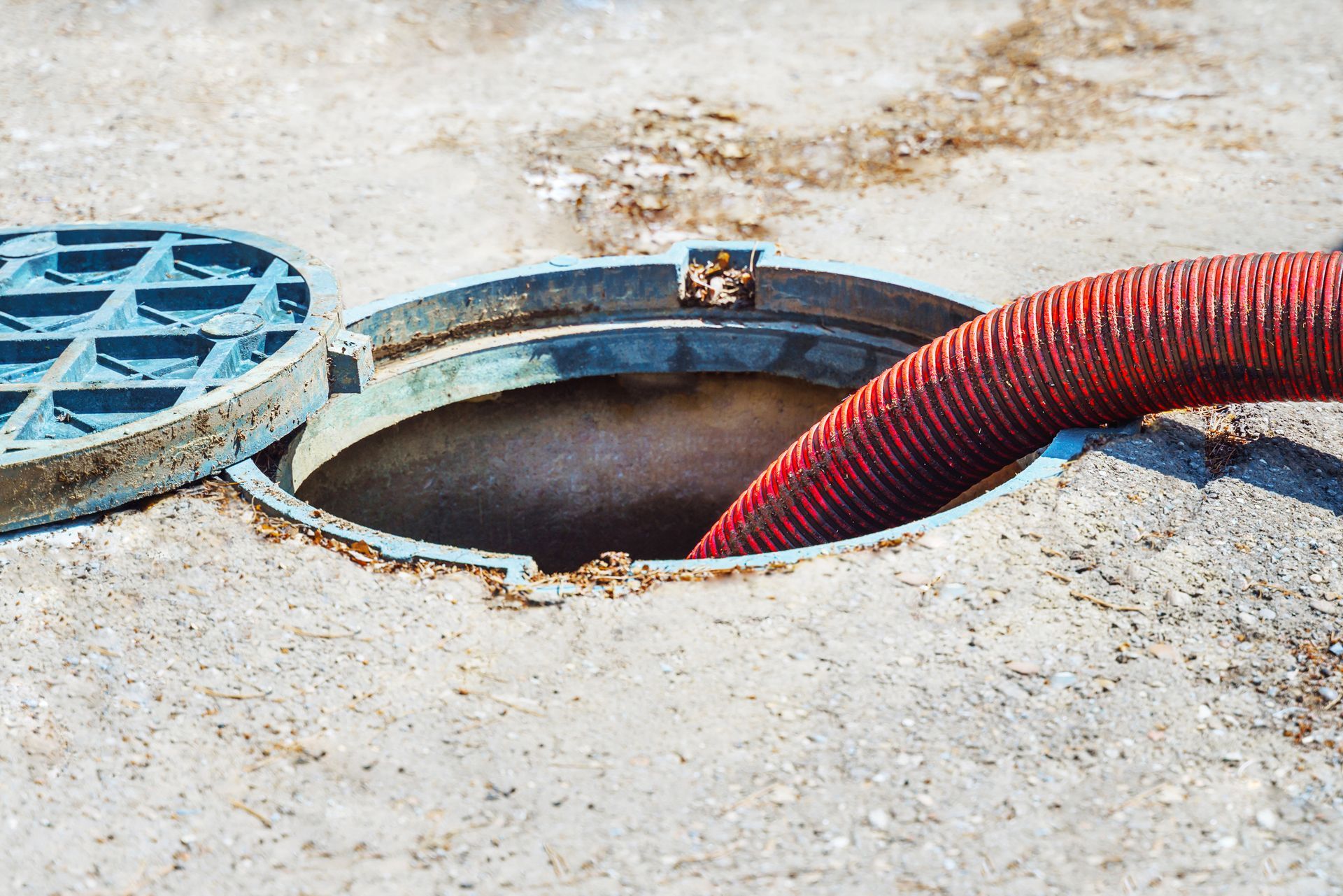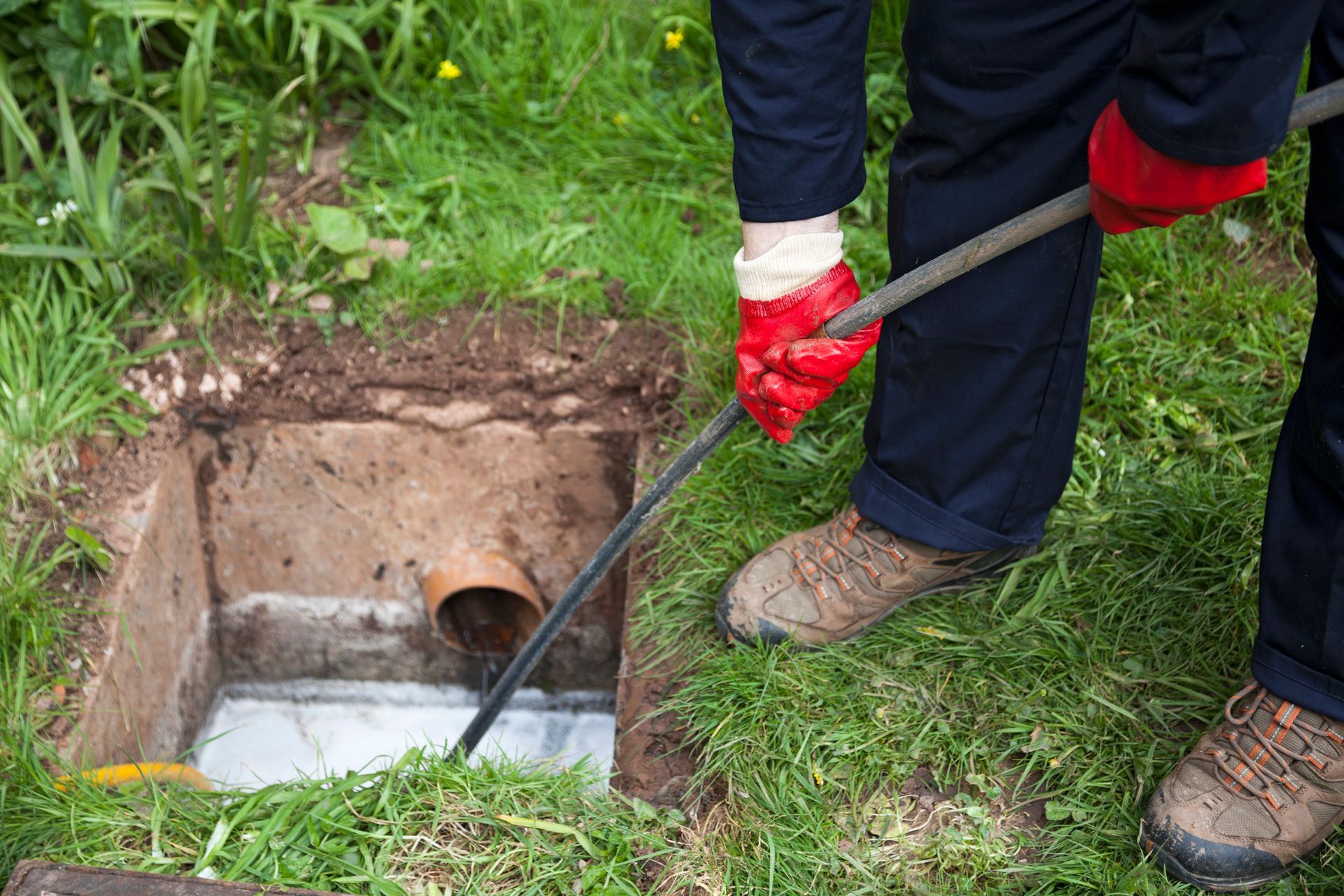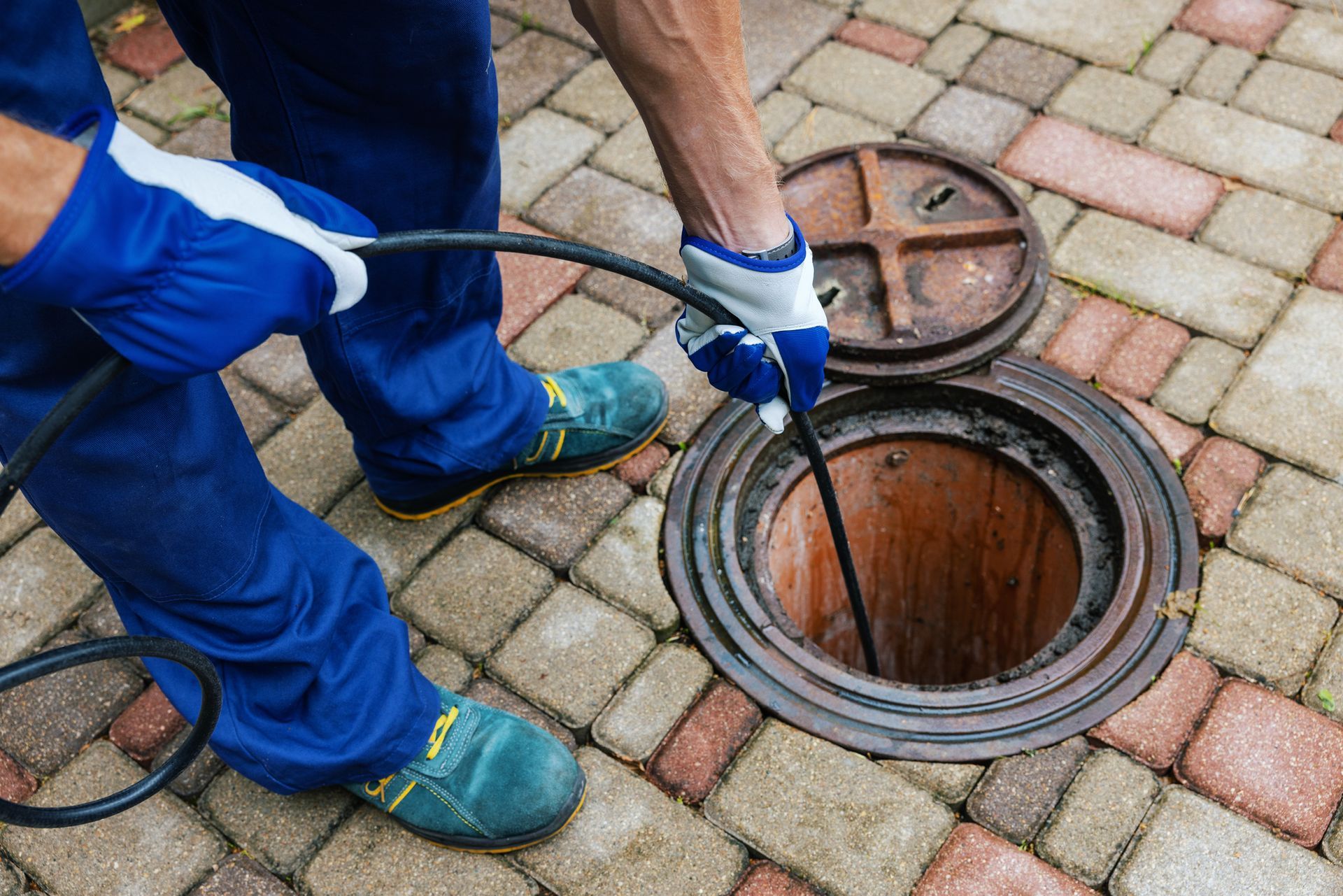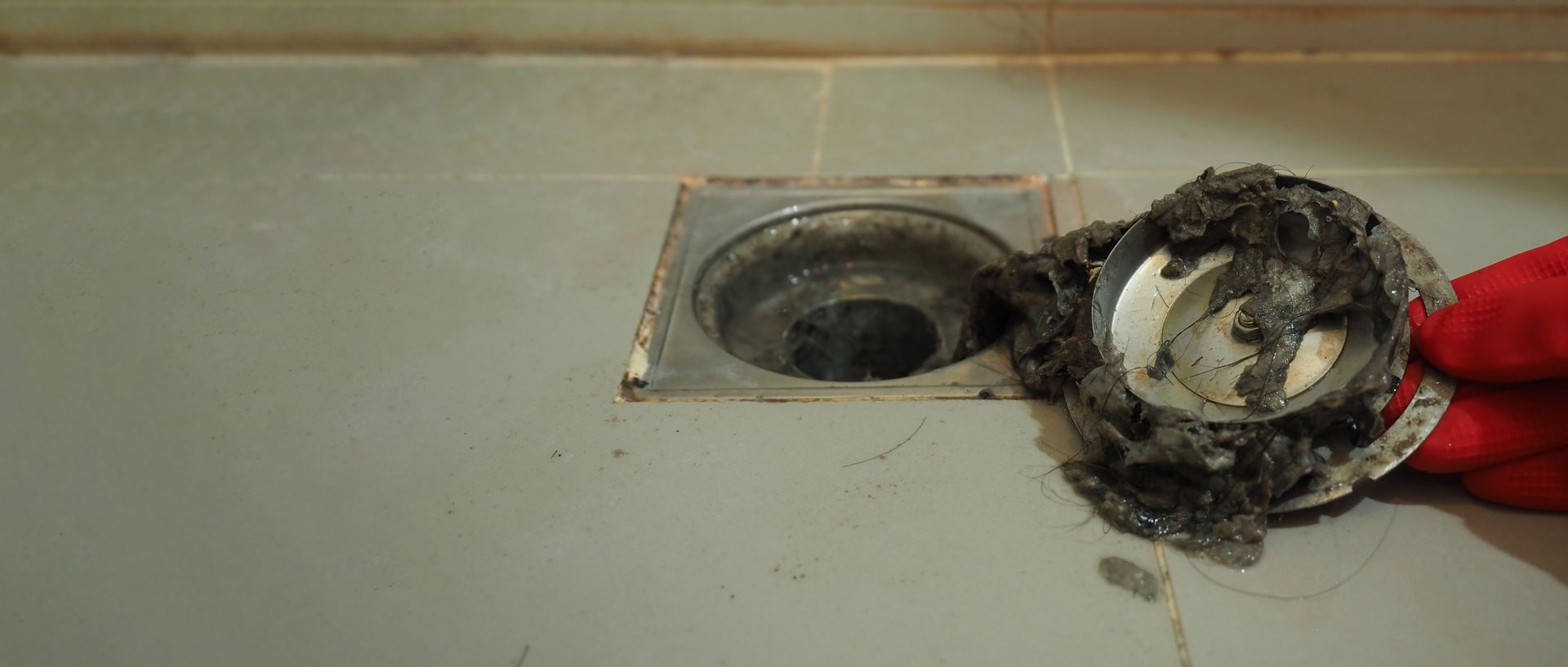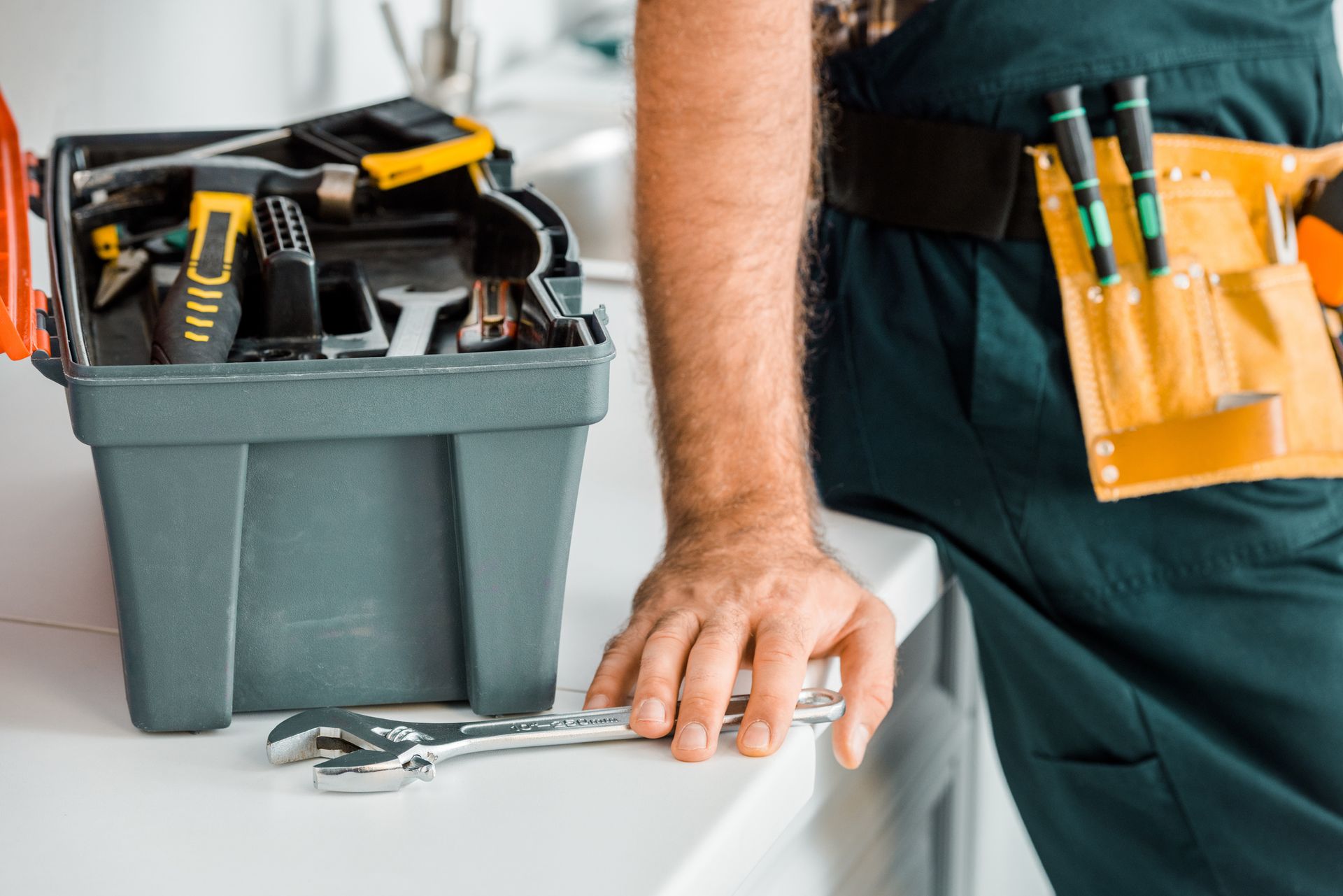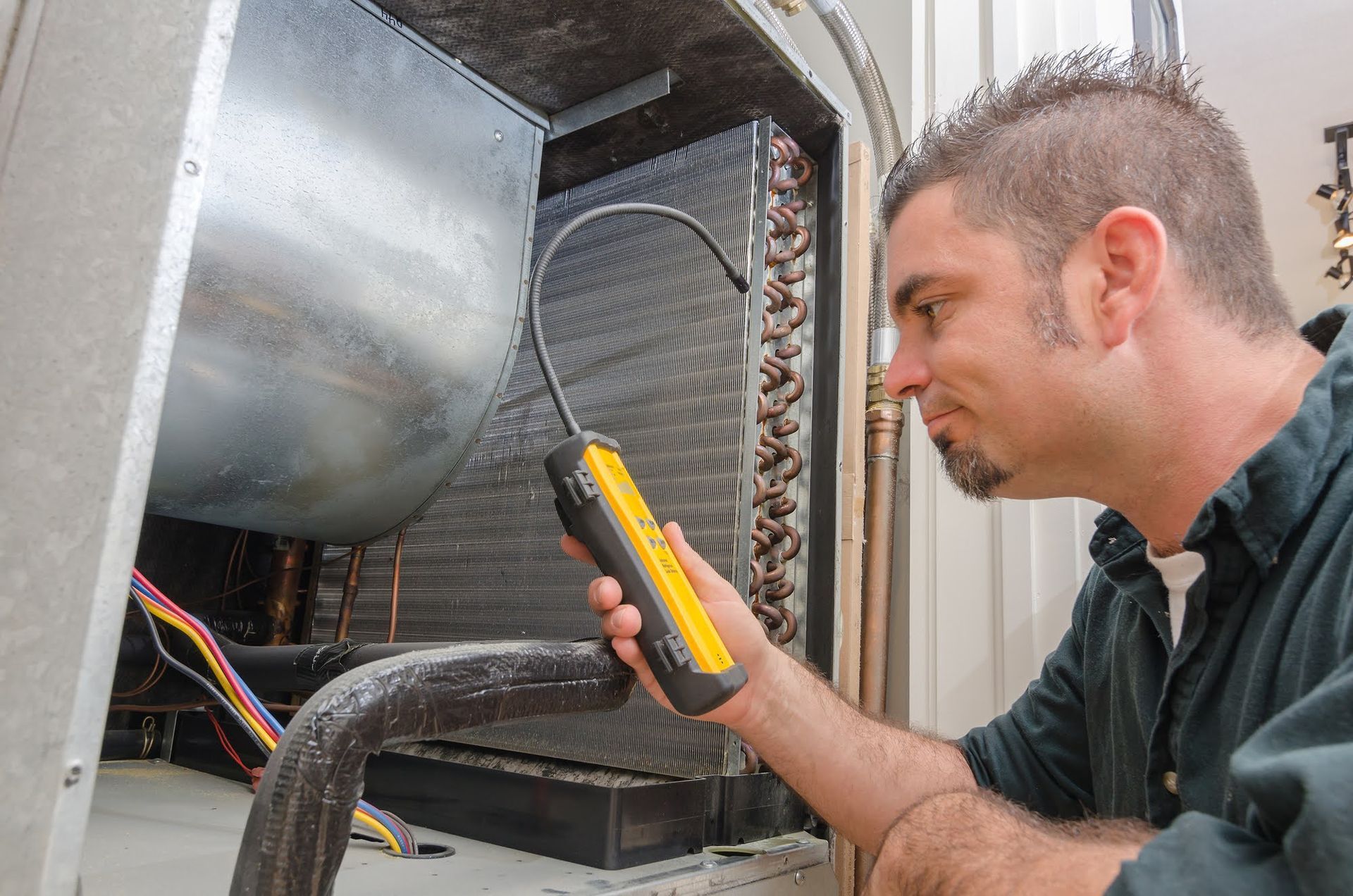What You Need To Know About Commercial Water Treatment
Water is essential to life, not just for humans but also for businesses. From restaurants to factories, many different industries rely on high-quality water to operate efficiently and effectively. However, tap water is not always up to par. Depending on the location, it may contain impurities or contaminants that can pose health risks. In some cases, the quality of tap water can even be a liability, compromising the well-being of individuals who consume it. Therefore, it is essential to be aware of the potential drawbacks and consider alternative options for ensuring access to safe and clean drinking water. This is where commercial water treatment services come in. In this blog post, we will dive into the world of commercial water treatment services, giving you everything you need to know to make an informed decision for your business.
What is Commercial Water Treatment?
Commercial water treatment is the process of improving the quality of water used in commercial and industrial applications. Different businesses have varying water needs and, as a result, require different levels of treatment. The main objective of commercial water treatment is to ensure that the water a business uses is free from impurities that might negatively impact health, safety, productivity, and environmental compliance.
How does Commercial Water Treatment work?
Commercial water treatment services use a combination of physical, chemical, and biological processes to purify water. The treatment process includes filtration, disinfection, softening, and demineralization. Filtration is the first step in commercial water treatment and involves removing larger particles, such as sand, silt, and debris, from the water. Chemical disinfection is the next step and involves the use of chemicals such as chlorine and ozone to kill bacteria and other microorganisms that may be present in the water. Softening is used to remove hard water minerals such as calcium and magnesium. Demineralization is the final step, and it involves removing the remaining minerals that cannot be eliminated through softening.
Why is Commercial Water Treatment important?
There are many reasons why commercial water treatment is essential. First and foremost, it ensures that the water your business uses is safe and clean. This is particularly important in industries such as food and beverage, where water quality is crucial to product safety and maintaining health standards. Additionally, commercial water treatment reduces the number of impurities in water, which can extend the lifespan of equipment and reduce maintenance costs. Moreover, water treatment also helps in reducing energy costs by improving the efficiency of equipment like boilers and cooling towers.
Choosing a Commercial Water Treatment Service Provider
When selecting a commercial water treatment service provider, several factors should be considered. The most important is the provider's experience. A company with years of experience is more likely to provide quality services than a startup that is still finding its footing. Besides, you should also consider the provider's compliance history, level of certification and licensure, and the quality of their equipment.
Commercial water treatment is essential for businesses that want to deliver a product, service, or experience that meets high standards for quality, safety, and environmental compliance. By choosing a reputable and experienced commercial water treatment service provider, businesses can ensure that they get the most out of their water supply while maintaining a sustainable future. Join the growing number of businesses prioritizing water quality and sustainability by investing in commercial water treatment services. With the right provider, you can ensure that your business operates at its best while also doing your part in protecting the environment. Don't wait until it's too late–make the switch to commercial water treatment today! So why wait? Make a decision now and see the positive impact it can have on your business.
For more information, call Garden Spot Mechanical. We’ll be happy to help you.

